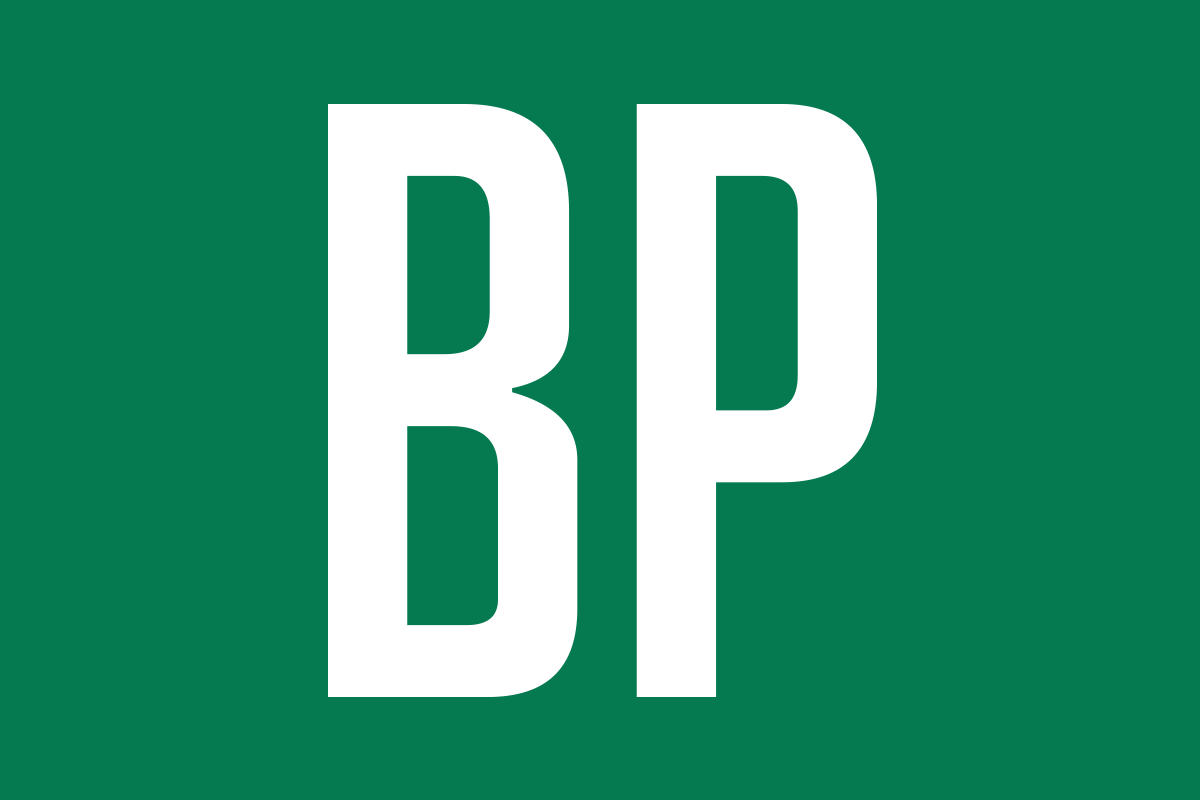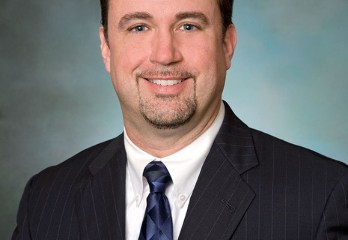A landmark decision concerning the Internet and the First Amendment could be coming soon in the Federal Communications Commission’s defense of rules regulating broadband services.
But it may be more about money than free speech.
An appeals court is expected to hear arguments on Dec. 4 in a lawsuit filed by Alamo Broadband. The Texas service provider is one of several broadband companies suing the FCC over its net neutrality order. The plaintiffs claim the FCC is trampling their First Amendment rights because they are being forced to carry messages — including hate speech and ISIS videos — that they disagree with. The FCC is arguing that the free speech rights of ISPs are not being violated because they are simply transmitting information, not creating it.
“It really is an issue of money, and the cable companies and Internet Service Providers looking for ways to maximize income,” said Stephen Bates, an associate professor and adjunct faculty member at the UNLV William S. Boyd School of Law.
He likens the argument to common carrier regulations, which allows the government to regulate utilities such as telephone companies and telegraph companies and makes them transmit messages, sets rates and other rules.
“This is an issue of a level playing field,” Bates said. “The First Amendment issue is murkier because these are private companies that are bringing stuff to their door, and they are saying they are like news carriers, which might choose to deliver the Las Vegas Review-Journal and the New York Times but not the Washington Post.
“If Cox or any other ISP were to say we are not going to link to Wikileaks because we don’t approve of what it’s doing, they would have a legal right to do that as a private organization, so it’s not a First Amendment issue. If they were designated a common carrier, then that would be more complicated. The First Amendment only applies when government is telling you that you cannot read or say something.”
John Kreiger, an intellectual property attorney at Dickinson Wright in Las Vegas, said net neutrality means that everyone is treated equally on the Internet.
“When it comes to net neutrality, in these circumstances, many of the providers of the cable companies that have the infrastructure that they created on which the Internet runs have the ability to have more control over who is using that infrastructure,” Kreiger said. “So, they would like to be able to charge people and users based upon the amount of use, size of data or size of files.”
The reason this issue has garnered so much attention is that the ISPs are arguing that they have the right to control what goes out over their lines, and they want the right to allow access by selling an Internet “fast lane,” which would allow larger content providers, such as Netflix, to access faster download and upload speeds.
“The businesses that are content providers, like Netflix, would not like (net neutrality) because it would work to their disadvantage,” Bates said. “The biggest companies might prefer to buy the fast lane, which is basically what this is all about – whether ISPs should have a fast lane for which they charge an extra toll.
“A big successful provider like Netflix would rather pay for the fast lane. Smaller information providers would prefer a level playing field so they don’t get stuck in the slow lane.”
And this is where the controversy lies — slow down delivery based on content size or allow paid prioritization of content.
Some of those ISPs will most likely charge their customers more money if they are using the “fast lane,” and of course, that move might restrict access to those who cannot afford the extra charges that come from a content provider like Netflix upgrading to the “fast lane.”
And for some businesses, it might prevent them from entering the marketplace or severely limit their ability to compete. Kreiger said this ruling could have a serious impact on small businesses — both their free speech and their ability to get their message out.
“If broadband providers are able to institute this type of pay-to-play structure, then the priority would be given to large Internet companies that could be able to afford that content,” he said. “This could result in infrastructure being priced at different levels. To get a service like Netflix in the home, the price of Netflix would go up, and it will create a barrier of entry to others seeking to enter the market.
“For some businesses that use the Internet for marketing and advertising, they just might choose to not build a website. It depends on what trickles down to students and ‘ma and pa’ stores that have various websites or blogs across the Internet.”
Bates said free speech is already limited on the Internet somewhat as companies like Twitter determines if you can use certain words or images in posts. Google has argued for its right to present search results in whatever framework it would like, and it could push the results of companies or individuals that do not buy an ad on the search engine.
“There is an interesting issue of private corporations being in a position of censorship,” Bates said. “This case may open that up more in the future because we are not talking about content censorship essentially.
“It’s sort of like the government has always built public parks where people could come, speak and listen. And now, those public parks are built by private companies, which are not subject to the First Amendment when they want to censor speech.”
Attempts to get comments from Nevada’s delegation in Washington were unsuccessful.
Lawmakers from both parties in the House and Senate have offered their support for ISPs to deliver Web pages at the same speed without a demand for a faster delivery or attempting to slow down or block others, according to Roll Call, a Washington, D.C.,-based publication.
However, the partisan divide occurs from how the FCC is using its powers to draft net neutrality rules. Republicans want the FCC to wait until the case is decided to start implementing its rules, while Democrats defend the net neutrality rules, according to Roll Call.






